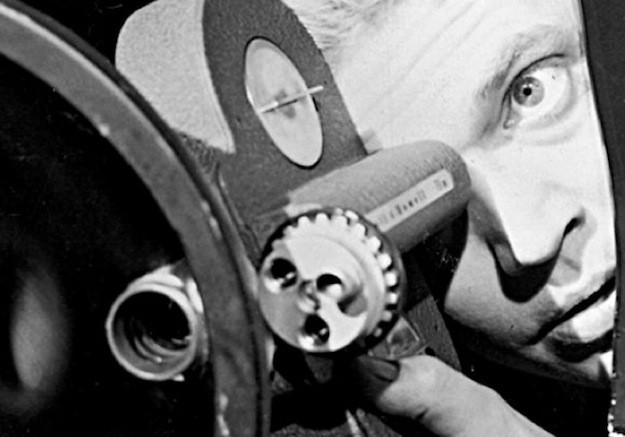Cinemulatto almost made this an entirely farcical post on things you can do to save money as an indie filmmaker—like using your kids as crew. Well, not everyone has kids. Plus, we’ve come a long way since Robert Rodriguez and his 10-minute film school, even though his advice is still relevant. We can go deeper and learn more, however. We can even go to the library.
So, here are a few things that neophyte, broke-ass filmmakers can do to save a few bucks and still become a pro. These have all been helpful to me over the years.
8 Things You Can Do to Get Some Film Skillz
(Cinemulatto’s Zero-budget Film School)
- Study cinematographers. Roger Deakins has a great forum, plus lots of really awesome cinematographers are willing to share information with you. Stroke a few egos! I was fortunate to receive an email response from Marcel Zyskind about the bare-bones lighting he used for 9 Songs. (If you have a rich friend with access to IMDB Pro, wash their car in exchange for DP contact information.)
- Go to the library. Read books and more books. Find a comfy chair and read back issues of American Cinematographer Magazine. Get a damn library card. Then check out books. Just a few of my favorites are This is Orson Welles, Master Shots, The Films of Akira Kurosawa, and The Oxford History of World Cinema. Never stop reading, and throw in at least one screenplay a month.
- Get on film festival mailing lists or visit film festival websites. Festivals often offer tips via their email distribution lists or directly on their sites, and frequently offer links to free films. Two good ones are Raindance and Sundance.
- Save money. Before crowd funding, there was good old-fashioned piggy banks (or analog begging, borrowing, and stealing, i.e., “O.G. crowd funding”). You can save money fast if you actually budget for it. And, since the cost of making a simple, short film is so dirt-cheap these days, AND since this is your passion, save some money! Make yourself a tip jar. You won’t owe anyone anything.
- Get equipment off craigslist. But, go with a knowledegable friend who can also be a bodyguard if needed. Then learn how to use the equipment.
- Make movies, however horrible. Don’t show them to anyone if you don’t want to. But make them. Hold a camera. Develop a close relationship with it. Not doing this is like expecting to know how to drive a car the first time you get in.
- If you can afford it (or, see tip #4), selectively take classes. But, do this only when you need to. Figure out what you’re not good at, take a class, then get good at it. Over the last 10 years I’ve taken such classes as producing, lighting, color correction, and DSLR cameras spread out over time to guess what? Yes! Save money!
- WATCH MOVIES. I can’t believe how many film folks I know who don’t constantly watch movies. Make it a goal to watch at least 3,000 of them. Study the shots, the lighting, the sound, the acting, the design. Watch shorts and classic epics. Black and white and silent. Films you think you’ll love and others you know you’ll hate. Watch Criterion and B movies and buddy flicks and rom coms and documentaries. For as long as director commentaries exist, listen to them, but turn them off after 10 minutes if they’re stupid. Netflix is still relatively cheap and yes, the library has movies!
Good luck and happy filming.
MULATTO OF THE MONTH: EARTHA KITT
Just because I’ve been thinking about Eartha Kitt lately.

